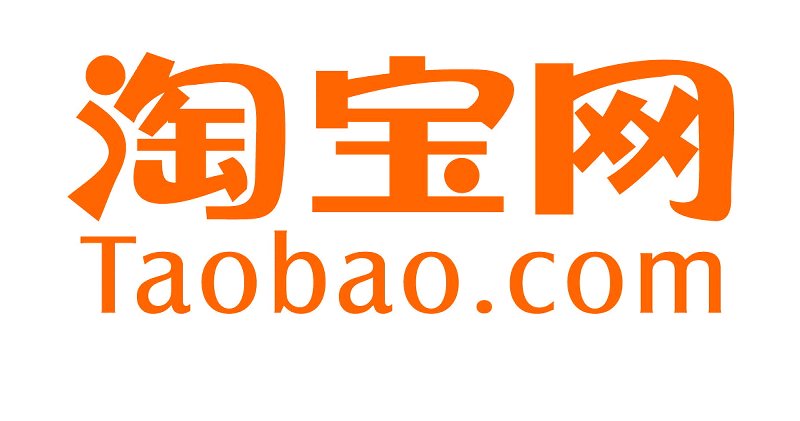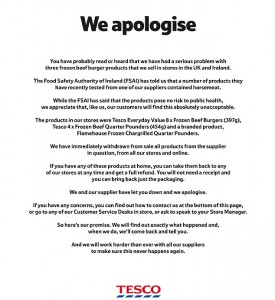What did you learn about teams, yourself, and marketing?
Before taking marketing (Comm 296), I’ve never considered to do marketing. But after taking this course with Tamar, I realized that marketing is actually really fun and practical. I think it’s the most useful one so far…. (that we can actually apply it to the reality). I also learned the importance of collaboration and teamwork. While we were doing the group assignments, me and my team members always assigned tasks to each of us long before the due date so we’d have enough time to proof-read and make any correction. I think this is the best and most efficient way of doing this project.
What skills did to enhance or develop, if any?
I definitely enhanced my research skills. My group was doing WestJet and we did so many research on that company. I also improved my communication skills in that now I can deliver my thoughts more easily and effectively.
What would you do differently next time?
Next time, I will definitely try to speak more.
Thank you Tamar! You are such a great prof~ Because of you and your interesting lectures, I start to like marketing even more! I really admire your abandon work experience and your passion towards marketing.
Thanks again!









